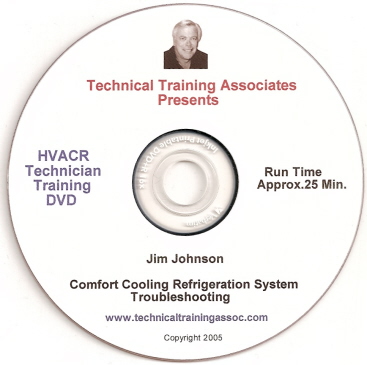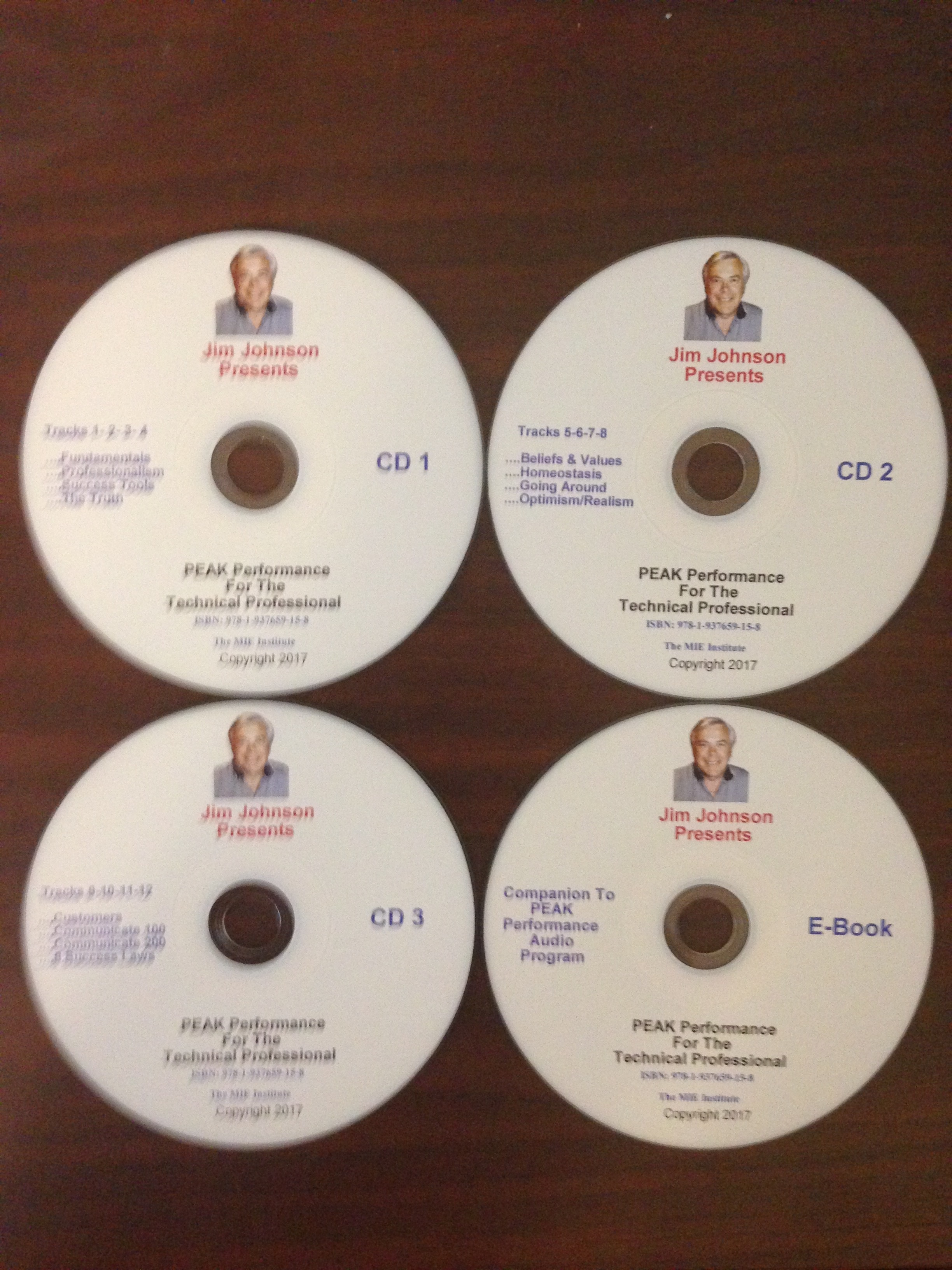Decades ago, a young, athletic fellow was sparring with his black belt karate instructor, a time reserved for putting practice into some degree of reality. The instructor, as expected, was overwhelming the kid. But for the instructor, this student was different. No matter how many times the instructor struck him (with control, which can still hurt), the student kept trying to advance, demonstrating athletic skill and perseverance if only modest martial arts acumen.
The instructor was so impressed with the student’s persistence and grit that after the class, he said: “I’m going to make Michael my protégé.” The student, though American born, had left the states for Greece, where he attended grammar school long enough that he found himself in a language crevice: Greek was slipping away, English hadn’t completely settled in. Michael went home that evening and looked up the word protégé.
In his quest to improve and sensing that he had plumbed much of what he would learn at his school when he reached brown belt status (the step before black belt), he began to search for someone who could improve his skills.
Michael, 17, left his club in Cleveland, and with virtually no money and no contacts, went to San Francisco to study under Byong Yu, a legendary top-10 ranked karate fighter.
He returned after about nine months completely transformed. He went from an essentially inflexible fighter (by karate standards) to being able to perform perfect splits. His movements were more explosive, his technique sharper and more precise. One trip, one new instructor, nine months of training with a top gun. He tried something new and drank from a fount of fresh knowledge.
The instructor, would endlessly comment that it was the most dramatic change he had ever witnessed.
Eventually, Michael asked his instructor, who was a college student at the time, whether he should go to South Korea to train and become a professional karate fighter or attend college, too. The instructor told him …
How did the instructor respond to Michael? He said: “Are you crazy? Go to college.”
Michael would follow his sensei’s (instructor’s) advice. He went to college. Then he went to law school (and passed the bar in two states) and `became a public defender. He constantly honed his skills, from taking writing courses to teaching advocacy classes to other lawyers. He was never content with the status quo when it came to his legal skills. He eventually became an international criminal defense attorney. He wrote the legal code for Br?ko, a war-torn area in Bosnia, following that Balkan conflict. He now teaches would-be lawyers at Cardozo School of Law in New York City. He also practices law from The Hague, The Netherlands, at the International Criminal Court. His most recent client is the former vice president of Bosnia & Hercegovina.
How do I know all this? Michael G. Karnavas (www.michaelgkarnavas.net) was my student (and the best man at my wedding).
He climbed the legal heights because his state of mind, going back to those halcyon karate days, remains the same: “How can I become better at what I do?”
Attending a HARDI conference is a similar step for those of us in the HVACR industry.
HARDI holds its annual conference in San Antonio, Dec. 6 – 9. A core of people attend almost every year. They can stop reading right now. You get it. There’s another number who go occasionally and then there’s the largest group who avoid going, year after year?
Why?
HARDI is the undisputed representative of wholesalers in the U.S. Their educational tracks are the best in the business. I know because I own a business too and have been covering their conference (and its predecessors) as a trade journalist for 16 years. I simply can’t imagine a businessperson who has started or continues to run a successful distributorship who wouldn’t consider going to HARDI to see “what’s next,” or “what am I missing?” No matter how good your homegrown talents are, no one is that good, not you, not me. (The owner of Michael’s club was the former United States Brown Belt Champion.)
The cliché here is apt: Step out of your comfort zone. If you’ve never been to HARDI’s annual conference or you attended many years ago, take a stab at finding out what’s new.
Three obvious reasons come to mind as an excuse for people who don’t attend: time, money and inertia.
Time. True. You don’t have the time. Neither do I. There is never a good time. If you’ve been in business long enough, you understand this truism. I’ve never found anyone who was good in their profession that didn’t feel time’s persistent pinch. You also know that if it’s important enough, you’ll create the time in your schedule. Let’s be honest: If you don’t have someone (or a team) to handle the day-to-day responsibilities, then it suggests you’re poor at delegating. No one is that invaluable. What happens to your business if a Mac truck hits you as you cross the street to grab a sandwich? I think you get the drift.
Money. Seriously? If you can’t afford a few thousand dollars to meet with some very smart peers and imbibe all kinds of helpful information from experts, then maybe you can learn something watching a soap opera. I’m NOT making light of money. We all work very hard for it. What I am suggesting is that if you’ve worked hard enough to run a business, you have enough to pay a modest tuition and attendance bill. Some very smart distributors bring their employees. They know the cost. It speaks volumes about the confidence level of a boss who picks up the tab.
Sometimes you DO spend money and realize it didn’t work out. I certainly have. But I confess that often the money you spend is worth it because you don’t have to go down that same direction now (or at least for the short term) because you know better. So that covers the time and money side.
If you’ve never been to a HARDI conference, how are you going to know whether it’s worth it or whether my comments are nothing more than editorial hot air?
Inertia. That only leaves inertia, that day-to-day comfort zone of doing it by the numbers and never trying something new. Safe, comfortable place, isn’t it? It’s possible that you are completely comfortable with your business in its present state and future direction. If you are, then you probably shouldn’t attend. But if you yearn for something more, doesn’t it make sense to mix with the best and brightest in our industry?







